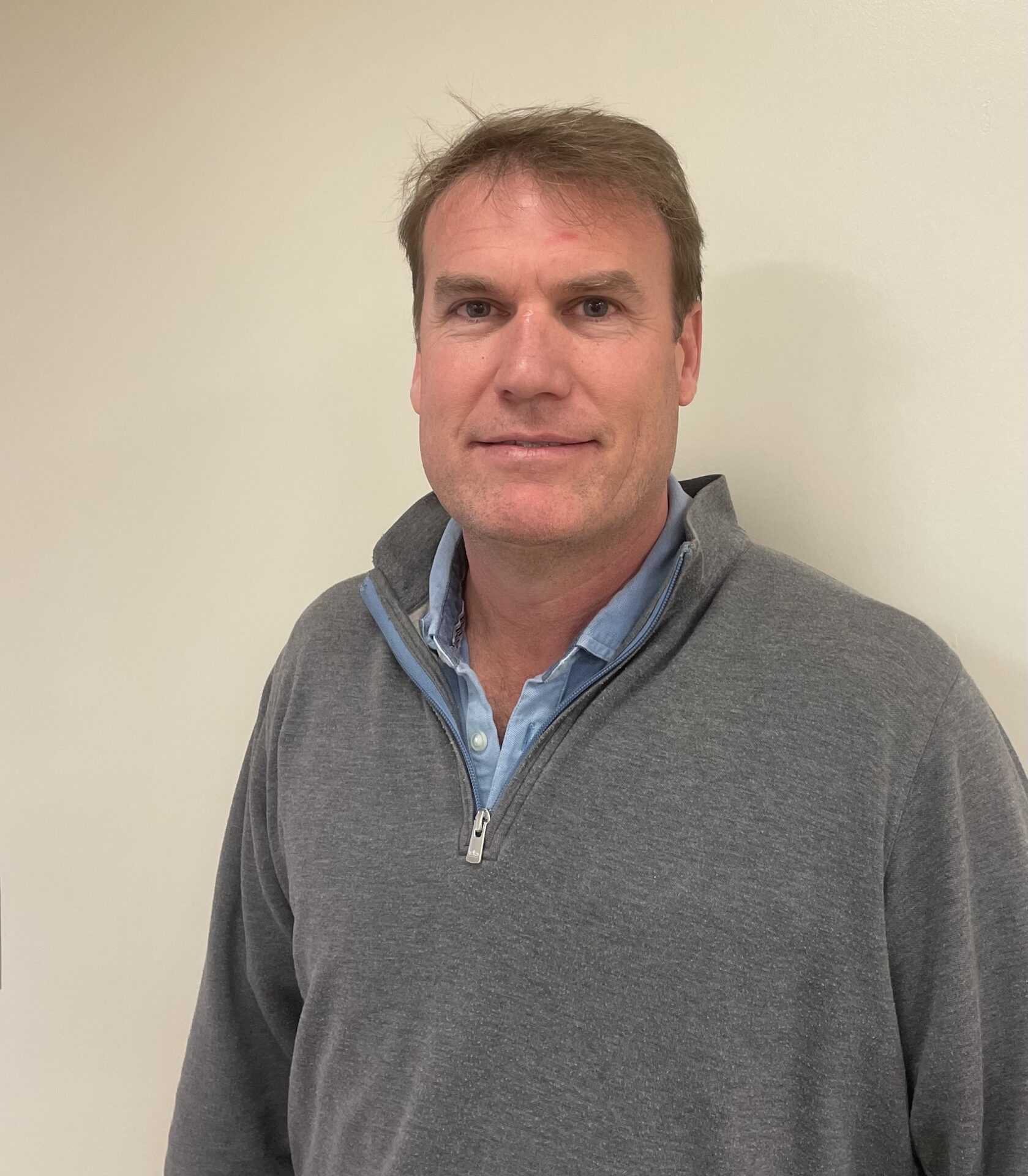Extras News
Mississippi’s Brain Drain

By David Ramsey
Freshman Public Policy Leadership students sit in rolling chairs wiping their crusted eyes as they nervously await their first college class. Speedily walking into class, Dr. Jody Holland starts their day, and the rest of their four years, with a simple line: Welcome to college.
Holland is a Public Policy Leadership professor who is widely hailed among students as a must-have. His vibrant personality, piercing wit and tendency to play devil’s advocate always give freshmen and upperclassmen a look into what they believe, which is a major reason Holland loves to leave instructions vague.
“You have to work in high levels of ambiguity,” Holland says.
Individuals, he believes, must understand how to handle stressful situations with ambiguous directions to be effective in their prospective careers. He remains vague but offers just enough instruction and nurturing for students to understand the “why’s” of the world.
The Trent Lott Institute of Public Policy Leadership is designed to take personable, successful young men and women and turn them into world leaders within a short span of time. Holland’s charisma and knowledge help make him a role model for PPL students.
Holland’s engaging teaching style and interesting life have led many students to wonder how the professor has gotten to where he is. What are his roots? How did he travel the path to a Ph.D., working on federal research grants and traveling the world?
“I was born in Grenada, Mississippi. From there my family moved to Oxford, Mississippi, then to a cattle farm in Holcomb, Mississippi, and I lived there until I was 18 years old,” Holland says.
“When I was younger, I never thought of going to college. Everyone around me didn’t seem to be concerned. All I knew is that I wanted to play ball.”
Holland did play football, but not beyond high school, and this decision helped him solidify a career in academia.
“I never thought I’d be teaching one day,” Holland admits. “After college, I began working at Wells Fargo until the housing crash in 2008. Because of the sales and pressure, I didn’t love the job, so I got my master’s at night and eventually got into a Ph.D. program at Mississippi State. From there I began to work with nonprofits, then work on federal research grants before I took a visiting position here at Ole Miss.”
Holland’s hard-working attitude gave him fundamental knowledge that beautifully matched his knack for networking. “That’s what I love about the state of Mississippi,” he says. “I don’t know if it’s to the fault of white privilege, or the privilege of higher education, but I’ve been able to network very well, and things can get done very easily that way.”
Mississippi is Holland’s brand. Working as a professor, in nonprofits and in grant writing, Holland has gotten to see high-achieving youth and adults.
Mississippi has a large problem that Holland has seen first-hand: brain drain, which is the process of young people leaving a state to seek great opportunities. Holland experienced the mindset that many young Mississippians have: “When I was younger, I wanted to get far away from this state, but because of my family I had to stay here.”
Mississippi, he says, lacks both political leadership and economic opportunity for many high-achieving undergrads to want to stay here.
“Nashville has something we don’t have in Mississippi. It’s fun. A hundred people move to Nashville a day because their entry-level jobs pay more, they’re having fun and they’re single.”
Is fun Mississippi’s problem? The short answer is maybe. Mississippi does not have the bustling economy that many other states have, and the mindset of many Mississippians seems to prohibit progress.
“Progress can be made, and it can be made easily. It must happen from outsiders though,” Holland says. The “outsiders” he refers to include companies that are based somewhere else but could extend their branches into Mississippi’s borders.
A cluster economy is growing in the Canton-Madison area because of Nissan. All it takes is companies profiting off Mississippi’s low cost of living. The cost of living is a serious advantage the state offers, but many Mississippians seem to have a hesitance to outside influences.
“We had a Harvard graduate come to Mississippi and help our government but within a year he was fired,” Holland says.
Mississippi’s leadership would rather learn to fix problems on their own, he sayds, but many issues can be fixed with a different lens of truth.
These remnants of Mississippi’s ignorance shoot down any chance for immediate positive improvement. “I think Mississippi can come out of this rut because I’m an optimist,” says Holland, who through it all holds his head up high.
“There are times where I wish I could’ve gotten out of here and lived in Europe for a couple of years, or try my hand at research in D.C., but I’m glad I live here and I’m glad my children have grown up here.”



























